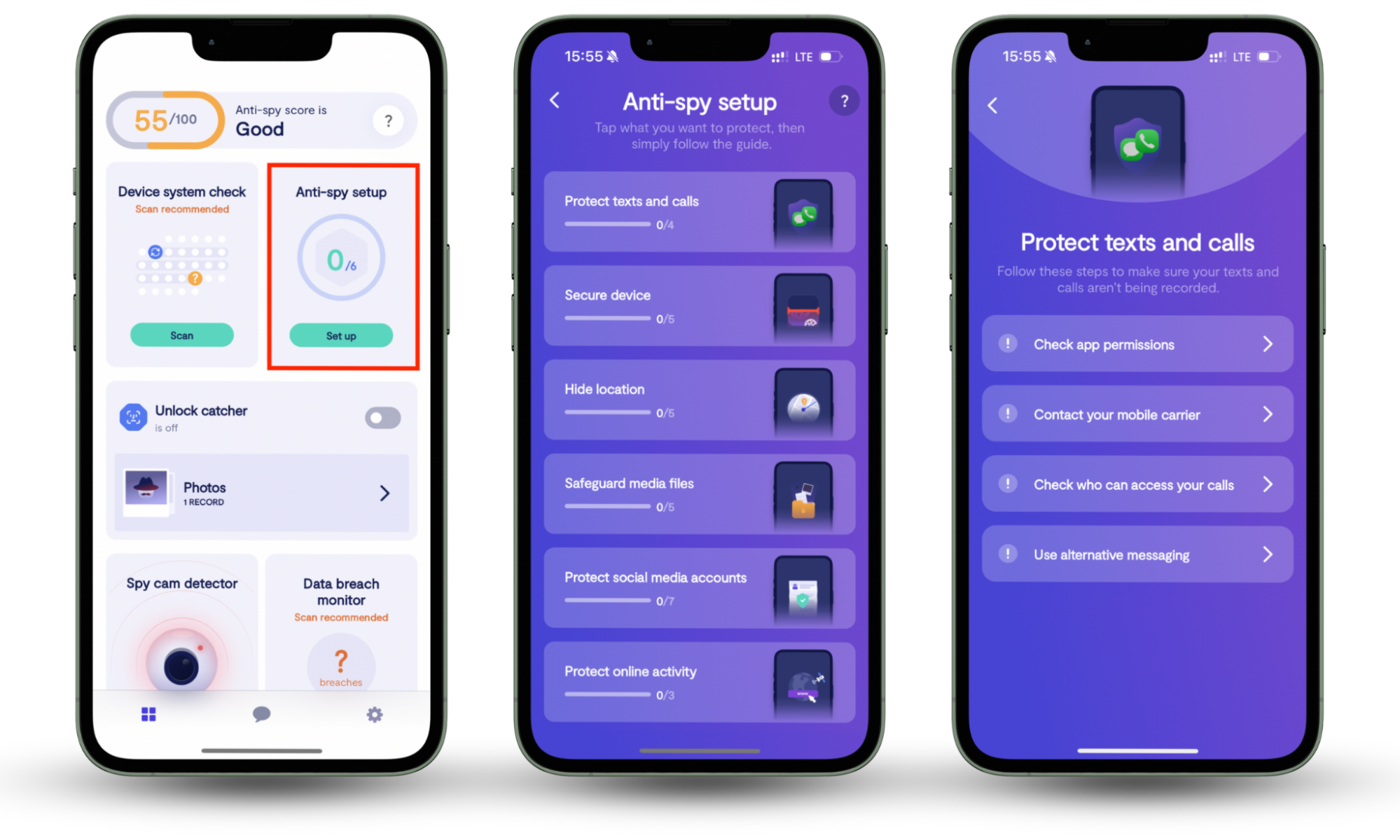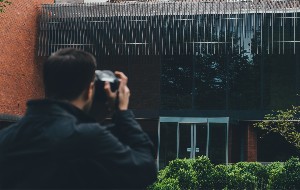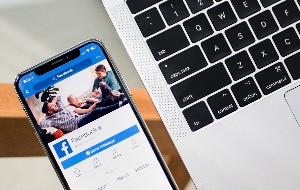Table of contents
- What is the NSA?
- How does the NSA collect data?
- How can the NSA watch you?
- 1. The NSA can get records of your phone calls
- 2. The government knows about everything you own and buy
- 3. The NSA can hack almost anyone and everything
- 4. The NSA uses backdoors
- 5. The government can track you everywhere
- 6. The NSA has tapped internet lines over the world
- 7. The NSA can spy on your cookies
- How to tell if the NSA is spying on you
- How to avoid NSA surveillance
- Conclusion
What is the NSA?
What is the NSA?
The NSA, or the National Security Agency, is a U.S. government intelligence agency responsible for collecting and analyzing data to protect national security interests.
It is involved in intercepting and decoding foreign communications, cryptography, and cybersecurity efforts.
The agency operates under the Department of Defense and works closely with other intelligence agencies to gather information and provide intelligence support to the U.S. government and military.
How does the NSA collect data?
The NSA collects data through various methods, mostly focused on electronic communications intelligence. These data collection methods include signal interception, internet surveillance, phone metadata collection, hacking, and data acquisition programs.
However, it’s important to note that the specific scope and technical details of the NSA's activities are not fully disclosed due to their classified nature.
How can the NSA watch you?
The NSA can spy on everyone, and they have dozens of tools at their disposal. Here are some of the main ways that the NSA can watch you:
- The NSA can get records of your phone calls
- The government knows about everything you own and buy
- The NSA can hack almost anyone and everything
- The NSA uses backdoors
- The government can track you anywhere
- The NSA has tapped internet lines over the world
- The NSA can spy on your cookies
1. The NSA can get records of your phone calls
This is the main type of NSA surveillance everyone has heard about. The NSA is authorized under Section 215 of the Patriot Act to collect phone metadata in bulk, including information about call times, durations, phone numbers, and other information that could be used to identify individuals.
2. The government knows about everything you own and buy
The government can easily track everything you own and buy, primarily through the collection and analysis of financial transactions. For example, government agencies like the Internal Revenue Service (IRS) can track your purchases through financial institutions, tax reporting, and electronic payments. This information is often made available for the NSA to access.
3. The NSA can hack almost anyone and everything
The NSA engages in hacking and cyber operations to collect data. This involves the development and use of advanced techniques to exploit vulnerabilities in computer systems, software, and networks. The NSA creates and utilizes various tools, malware, and exploits to gain unauthorized access to targeted systems and gather intelligence.
4. The NSA uses backdoors
Allegedly, the NSA is able to access digital devices and software through built-in backdoors. Backdoors are exploits that could enable the NSA to listen through your microphone. Likewise, it could let the NSA use your camera or track your geolocation. Have you ever wondered, “Is Siri always listening?” Well, Siri might not be the only one!
5. The government can track you everywhere
The NSA has implemented various programs to collect data from different sources. For example, the PRISM program reportedly allows the NSA to directly access data from major tech companies, including emails, videos, photos, and documents.
Other NSA programs like XKeyscore and Boundless Informant analyze and store massive amounts of data obtained from multiple sources.
6. The NSA has tapped internet lines over the world
There have been reports and allegations that the NSA has tapped into internet lines worldwide as part of its surveillance operations. These reports are based on leaks by former NSA contractor Edward Snowden in 2013, which revealed the widespread surveillance activities of the agency.
According to these leaks, the NSA accessed and collected vast amounts of internet data by intercepting and tapping into fiber-optic cables, often with the assistance or cooperation of telecommunications companies. This is just one of the ways the NSA reads text messages.
7. The NSA can spy on your cookies
The NSA has the technology to intercept and analyze cookies as part of its data collection efforts. These cookies could contain information like your login details, website preferences and browsing history.
How to tell if the NSA is spying on you
Detecting whether the NSA is watching you can be difficult. Here’s how to check if your phone is being tracked:
- Unusual network activity. If you notice unexpected changes in your network, like sudden slowdowns, higher data usage, or frequent disconnections, it could be a sign of surveillance.
- Strange behavior on your devices. If your smartphone or other devices start acting strangely, it could indicate that someone has installed spyware. Keep your eyes open for random shutdowns, increased battery usage, and unexpected software changes.
- Unusual sounds during calls. If you notice unexplained clicking, echoes, or static interference during calls, you might have an eavesdropper. However, these sounds might easily be attributed to signal quality or technical glitches. This is why it’s important to know how to stop someone from listening to your phone calls.
- Increased government interactions. If you’re experiencing more government interactions than usual, like prolonged questioning from law enforcement or unexplained attention from government agencies, they might be tracking you for some reason.
If any of the abovementioned scenarios sound familiar, it’s time to safeguard your device against spying. Given how often you use your phone, it can be a prime target to anyone interested in your online activities, including the NSA. Use Clario Anti Spy’s Anti-spy setup to get ahead of this. It conveniently guides you through various sets of checklists to help you prevent spying on your phone, removing the guesswork and saving you time.
Here’s how to use Clario Anti Spy’s Anti-spy setup to prevent monitoring:
- Download Clario Anti Spy on your mobile device and set up an account.
- Head to the Anti-spy setup section and tap the Set up button to view Clario’s list of recommendations to improve your privacy.
- Tap on each category to access its checklist, go through it, implement the suggestions, and repeat the process until you’ve covered all your bases.

How to avoid NSA surveillance
Because the NSA has access to powerful resources, it can be incredibly difficult to completely avoid surveillance. However, here are a few steps you can take to enhance your privacy and minimize how much you’re being watched:
- Encrypt your devices and messages. Use strong encryption methods when communicating or transmitting data. We recommend using a secure messaging app with end-to-end encryption and only browsing websites that utilize HTTPS protocols. You might be wondering, “What is encryption?”. In short, it’s a way to conceal data as random information.
- Secure your devices. Use strong, unique passwords and two-factor authentication (2FA). Regularly update your operating system (whether it’s Android, iOS, Windows, or something else). Likewise, consider disk encryption to protect your files in case they are compromised.
- Use a Virtual Private Network (VPN). A reputable VPN can encrypt your internet traffic and mask your IP address, making it harder for the NSA to track your location and activities.
- Limit your online presence. The best way to prevent cyberstalking is to limit how much personal information you post online. Avoid oversharing on social media and ensure that your privacy settings prevent strangers from accessing your data. Likewise, try to use privacy-focused search engines and disable location services on your devices.
- Invest in an all-in-one digital security solution. Clario AntiSpy can help protect you from digital spying. With a powerful anti-spy scan, 24/7 data breach monitoring, and powerful spying protection tools, you can ensure that your personal information remains private.
Conclusion
As agencies like the NSA ramp up their digital surveillance efforts, it can be hard to keep your information private. Using strong encryption, securing your devices, utilizing VPNs, and exercising caution online can significantly strengthen your defenses against surveillance. And if that’s not enough, Clario Anti Spy has got your back. Leverage its Anti-spy setup solution to proactively prevent the NSA and bad actors from monitoring your phone.


